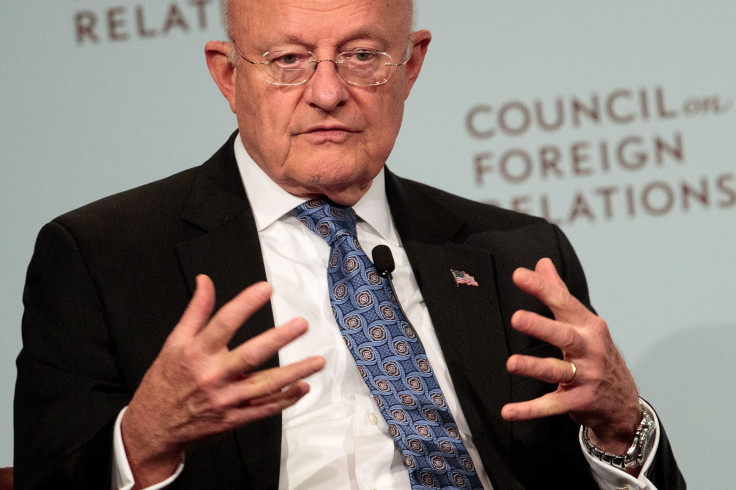Trump Breaks Glass Ceiling In Counterterrorism Program

KEY POINTS
- Lora Shiao first woman nominated to acting director of the NCTC
- Clare Linkins is on Shiao's coattails
- Permanent director of National Counterterrorism Center on hold
Lora Shiao, a career intelligence official, will become the acting director of the National Counterterrorism Center (NCTC) on April 3. It is a first for a woman. NCTC helps the government fuse domestic and foreign counterterrorism-related data and shares information with partners.
Shiao previously held NCTC's third-highest position as executive director and has held numerous government positions focused on counterterrorism.
Clare Linkins, another career official who was most recently NCTC's former director for strategic operational planning, will be Shiao's deputy director. Linkins will become executive director once a permanent NCTC director is in place; Shiao will then be deputy director.
President Trump nominated Christopher Miller, a former Army Special Forces officer who worked on counterterrorism issues at the National Security Council before moving to the Pentagon late last year. It is unclear when a confirmation process for Miller will begin.
Conservative feminist Tammy Bruce sees the moves as positive steps for women in spycraft and the Trump administration. Bruce leans to the political right in her columns and broadcasts and was also the leader of the Los Angeles chapter of the National Organization for Women for several years.
"The Trump administration elevating two women to lead the nation’s counterterrorism efforts has been yawned at by legacy media and liberals confirming, once again, that the left’s claim to be the champion of women is limited to a cynical, manipulative slogan," she wrote Wednesday.
"Moreover, we are watching the Trump administration’s reformation of a bureaucratic establishment that, consciously or subconsciously, preferred people like John O. Brennan and James Clapper to define and ultimately politicize our national intelligence apparatus."
© Copyright IBTimes 2025. All rights reserved.





















